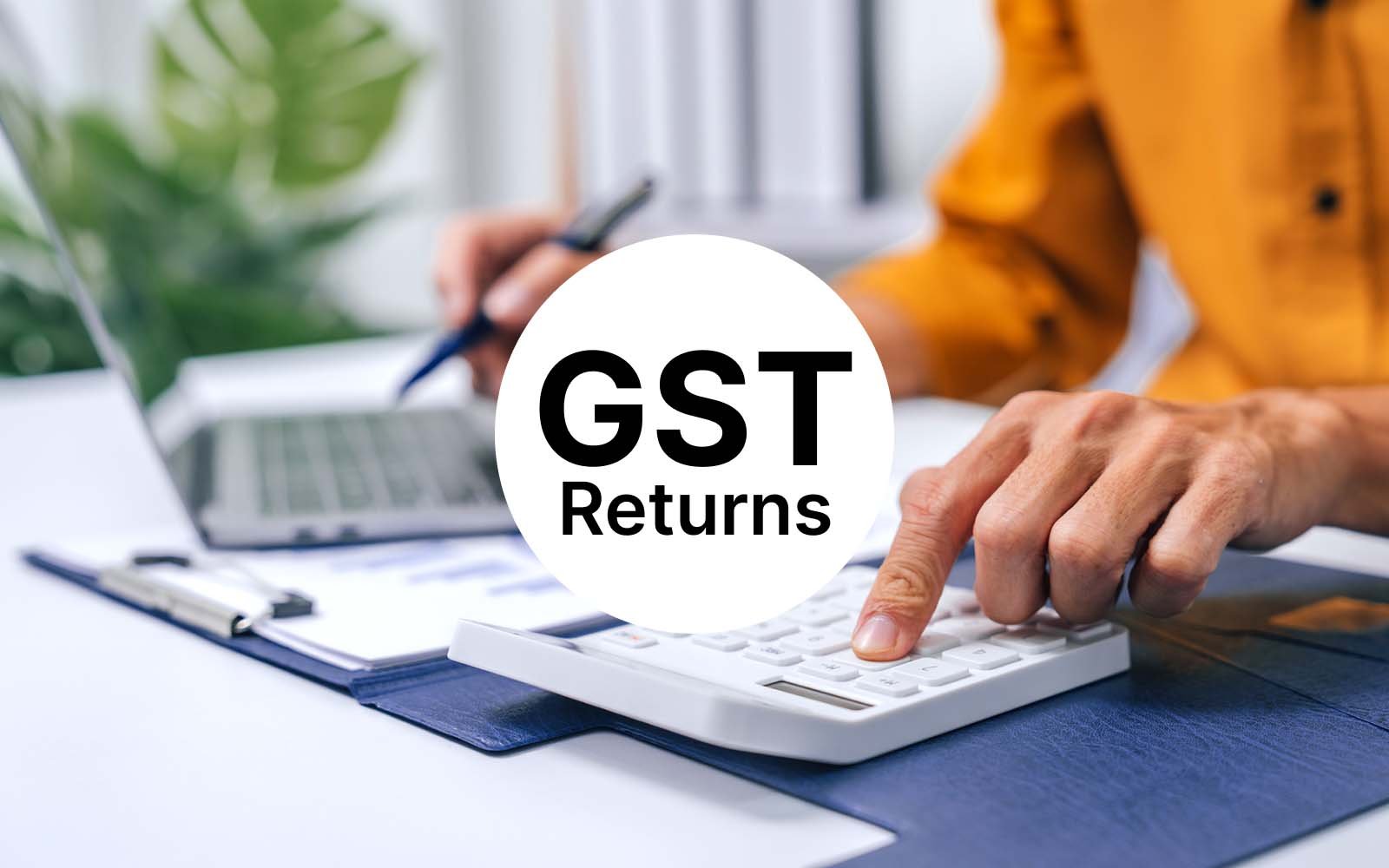Goods and Services Tax (GST)

Goods and Services Tax (GST) is a consumption tax levied on the supply of goods and services in a country. It's a comprehensive indirect tax that aims to replace multiple cascading taxes levied by the central and state governments. Here's a breakdown of the GST system, focusing on services:
☛ Tax Structure: GST is structured as a dual system comprising Central GST (CGST) and State GST (SGST). Additionally, for inter-state transactions, Integrated GST (IGST) is levied.
Taxable Services: Services encompass a wide range of economic activities, including but not limited to
☛ Professional services (e.g., legal, accounting, consulting)
☛ Financial services (e.g., banking, insurance)
☛ IT services (e.g., software development, IT consulting)
☛ Healthcare services (e.g., medical consultation, hospital services)
☛ Transportation services (e.g., air travel, rail transport)
☛ Hospitality services (e.g., hotel accommodation, restaurants)
☛ Entertainment services (e.g., movie tickets, amusement parks)
☛ Telecommunication services (e.g., mobile, internet)
☛ Real estate services (e.g., renting/leasing of commercial properties)
Input Tax Credit (ITC)
☛ Businesses providing taxable services can claim input tax credit for the GST paid on inputs, input services, and capital goods used in providing those services. This mechanism helps in avoiding the cascading effect of taxes and promotes efficiency in the tax system.
